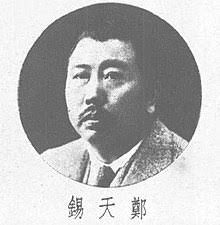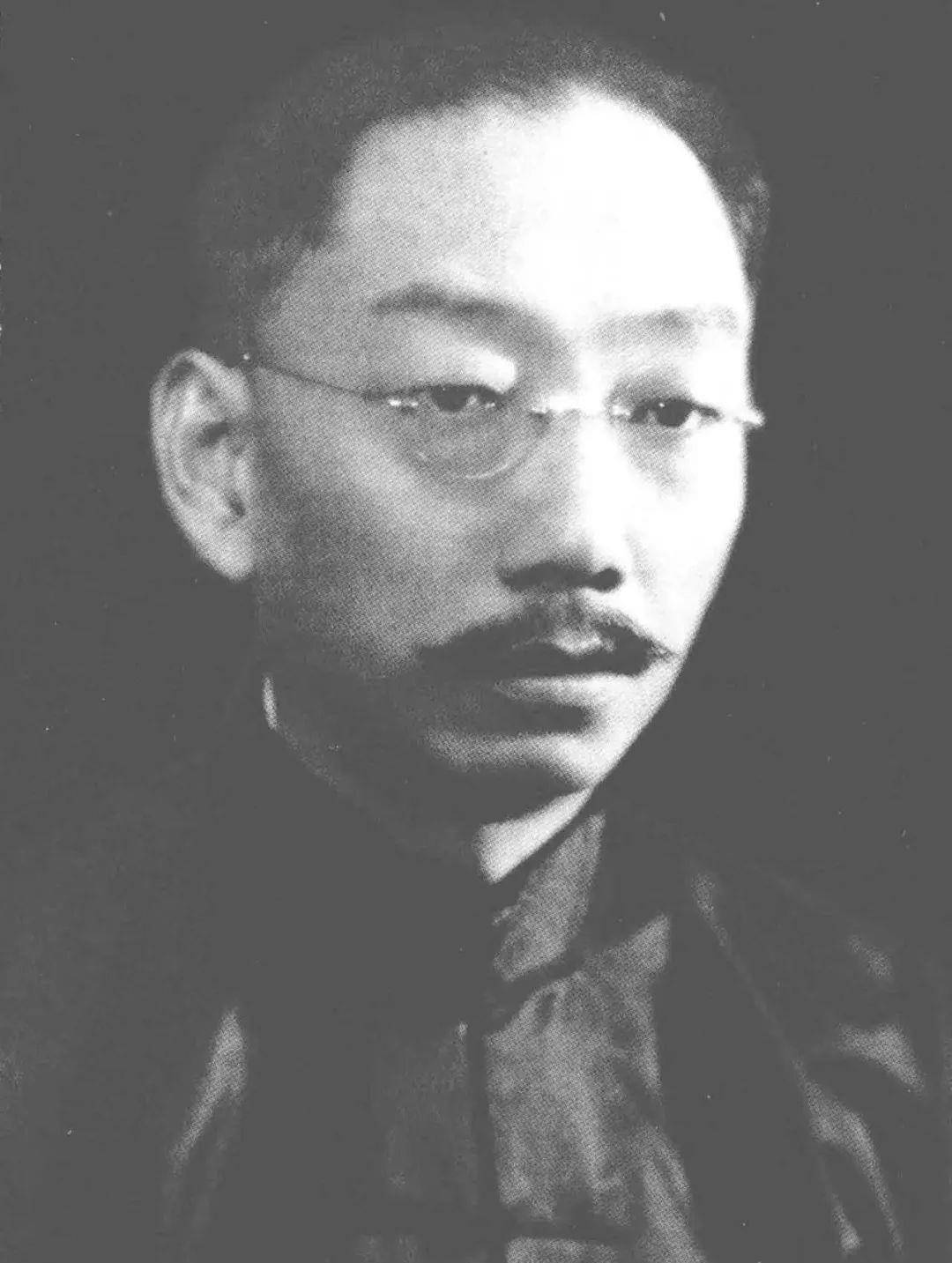Cheng T'ien-hsi (10 July 1884-), known as F. T. Cheng, the first Chinese to receive the LL.D. degree in England, became vice minister of justice at Nanking (1931-34) and a judge of the Permanent Court of International Justice at The Hague ( 1 936-46) . From 1 946 to 1 950 he was ambassador to […]








